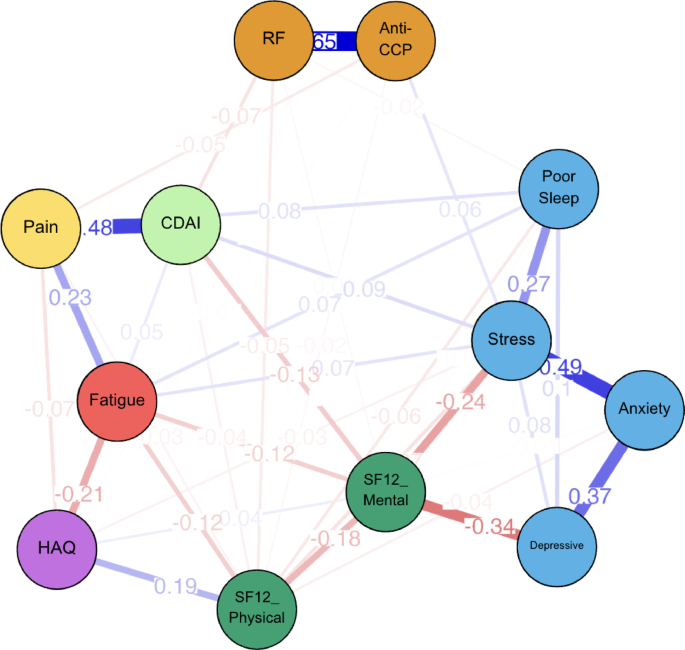Opinion: I thought psychology wasn’t STEM, the experts changed my mind

The first time a BetterHelp advertisement popped up on my screen, I didn’t think much of it — it was just another content tool I wasn’t able to skip over. By the 10th time, those ads began to shape my view on psychology: a couch, a therapist asking how you feel and a box of tissues at your disposal.
All this, coupled with the rise of mental health awareness, made it feel like psychology was a support service, not science. Helpful, yes — but not STEM.
That narrow point of view, shaped by commercialization and surface-level portrayal, overlooked the scientific backbone of the field.
Many argue that psychology belongs in STEM, since behind every conversation and counseling session lies data and research that make it scientific. However, the take is debatable and may need a closer look.
In my experience, it was easy to forget that, behind empathy and conversation, there is experimentation and analysis, which may not be as tangible as the circuits of the hardware fields.
To understand where psychology fits in STEM, I sought out the professional point of view of Whitney Hansen, a professor of psychology. Hansen made the point that while psychology is seen as a “soft science,” it is built on the same foundation as any other scientific discipline.
“Psychology is unlike biology or physics,” Hansen said. “We don’t have laws. However, we have mountains of data that allow us to, over years and decades, find truths about humans and our lives on Earth, and so, to me, science is using the scientific method to understand the world.”
When I heard this, I agreed. Psychology is unlike biology and physics, which are sciences known for their rigor, test tubes and a head-pounding amount of calculus.
When I think of studying humans, there is nothing “soft” about them, whose minds change consistently. Hansen reminded me that psychology’s scientific value goes beyond theory — it touches every aspect of our lives.
“Psychology matters because humans matter,” Hansen said. “We study human health, and mental health is strongly related to physical health.”
That connection between the mind and the body shows how deeply rooted psychology is in the realm of science.
Hansen said psychological research contributes to improving the well-being of people across many disciplines, such as computer science.
I confess that, some years ago, I tried going to therapy.
It seemed typical at first — a space to vent and let my guard down a little. However, one day during a session, my therapist caught me off guard.
She said a person’s beliefs and core values are what make them who they are, and her job is to bring those pieces together like an architect designing a structure.
“Burnout is a big issue for a lot of professions … you spend all these years and all this money training to be a computer scientist, and 10 years later, you’re like, ‘I hate this. I’m burned out. I want to quit,'” Hansen said.
Hansen said psychologists study how to prevent burnout across all stages of a person’s career by developing interventions to keep people engaged and fulfilled in their work.
I have never taken a psychology class, so I just assumed it only revolved around therapy. When, in fact, it is closer to engineering in its precision and purpose. Psychologists use data and experimentation to understand the human mind — the engine that powers decision making.
This notion was shared by Jade Tellez, a graduate student studying counseling, who admitted she once had a similar misconception about the field.
Tellez also said her perspective shifted once she realized the scientific methods she learned in statistics and research method courses could be applied in counseling.
“One of the main phrases that we use, especially in this major, is ‘it depends,’ so the answer always depends on something,” Tellez said. “With programming, there’s always an answer at the end of the equation, or the end of the script, and, with people, you might say this is the answer one day and the next day it’s going to be a different answer.”
The fact that psychology was deeply interwoven with humans, I made the assumption that it wasn’t as rigorous as math or engineering. However, as Tellez pointed out, uncertainty does not make psychology any less scientific.
“I probably would not be able to understand other people’s behaviors and feelings,” Tellez said.
I realized that psychology is more of a “how” something functions rather than a “why,” which ultimately makes it STEM.
“We’re so complex,” Tellez said. “One day, you can be the happiest person in the world, and the next day, you’re not … and sometimes I feel like it’s inexplainable. Sometimes there is an explanation. Sometimes there isn’t.”
READ MORE: Opinion: Stop making fun of other majors
Through listening to Tellez, I found it strange how uncertainty, something most sciences try to eliminate, is what might make psychology powerful.
It’s not about solving people as if they were equations but understanding patterns, even when they don’t add up perfectly.
While Tellez and Hansen stressed psychology’s scientific values, others see it through a different lens. Veda Chintapalli, a senior studying computer science, noted she views psychology as a medical tool.
“I don’t think it’s like engineering. You don’t do math,” Chintapalli said. “It’s not physics and not much calculations … I feel like psychology is something clinical.”
Despite this, Chintapalli does not think it is less significant and thinks psychology can be applied in engineering. She said psychology could be used to engineer what is seen in user experience and advertisements.
Those ads that once made me question whether it truly belongs in STEM now feels like a gross understatement. After all, physics once used to be considered a “natural philosophy.” As human minds continue to discover new complexities, psychology proves itself to be a component of the “E” in STEM, dedicated to engineering the engine that drives humans to think, feel and solve.
Editor’s note: The opinions presented in this column are the author’s and do not imply any endorsement from The State Press or its editors.
Edited by Senna James, George Headley and Ellis Preston.
Reach the reporter at [email protected].
Like The State Press on Facebook and follow @statepress on X.
MJ MartinezSenior Reporter
MJ is a senior reporter. She previously worked as a part-time reporter for Sci-Tech.
link






